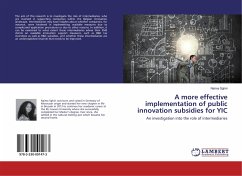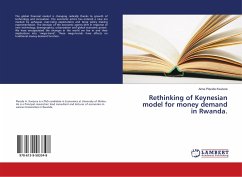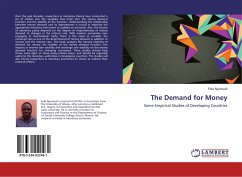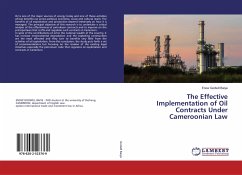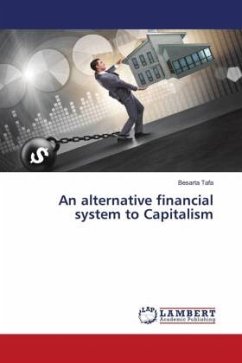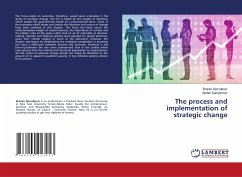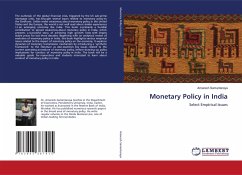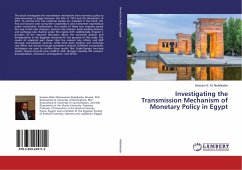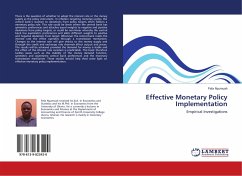
Effective Monetary Policy Implementation
Empirical Investigations
Versandkostenfrei!
Versandfertig in 6-10 Tagen
19,99 €
inkl. MwSt.

PAYBACK Punkte
10 °P sammeln!
There is the question of whether to adopt the interest rate or the money supply as the policy instrument. In inflation targeting monetary policy, the central bank's reaction to deviations from policy targets often follows a monetary policy rule. This rule could be linear where the central bank has symmetric preferences and attaches equal weights to negative and positive deviations from policy targets, or could be non-linear whereby the central bank has asymmetric preferences and allots different weights to positive and negative deviations from target. Whenever the central bank resets the inter...
There is the question of whether to adopt the interest rate or the money supply as the policy instrument. In inflation targeting monetary policy, the central bank's reaction to deviations from policy targets often follows a monetary policy rule. This rule could be linear where the central bank has symmetric preferences and attaches equal weights to negative and positive deviations from policy targets, or could be non-linear whereby the central bank has asymmetric preferences and allots different weights to positive and negative deviations from target. Whenever the central bank resets the interest rate the effect operates through a transmission mechanism. Changes to the interest rate will give shocks to the money supply and through the credit and exchange rate channels affect output and prices. The results will be achieved provided the demand for money is stable and the effect of the interest rate variation is predictable. This book therefore tackles issues such as the stability of the money demand function, symmetric and asymmetric central bank preferences and the monetary transmission mechanism. These studies should help shed some light on effective monetary policy implementation.



